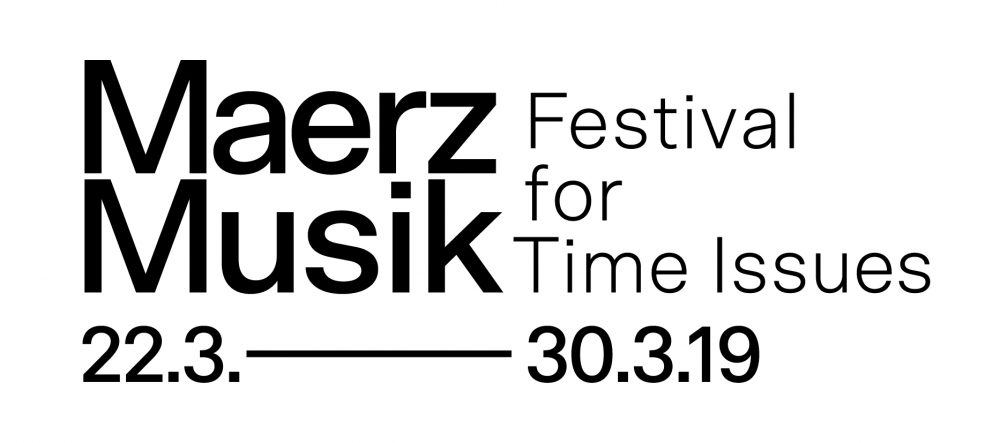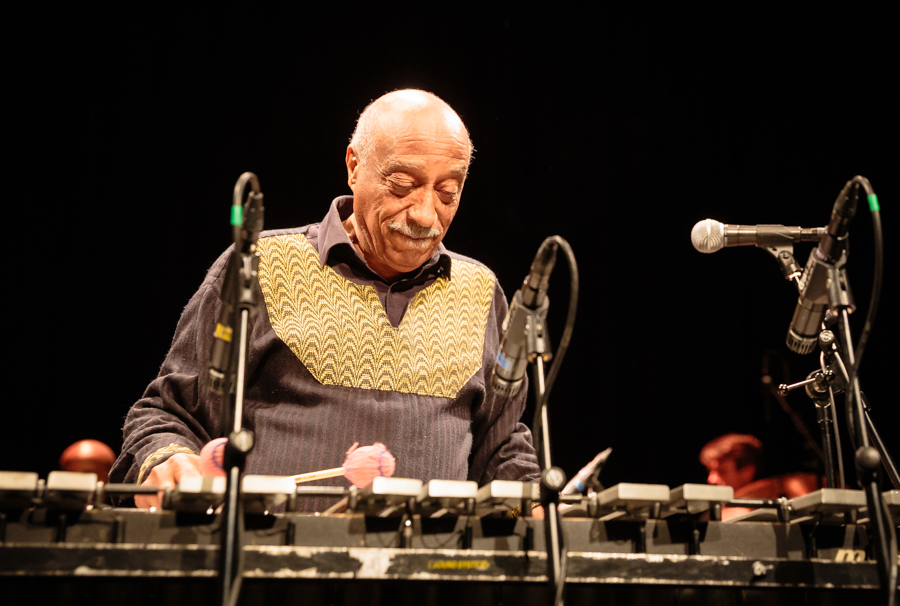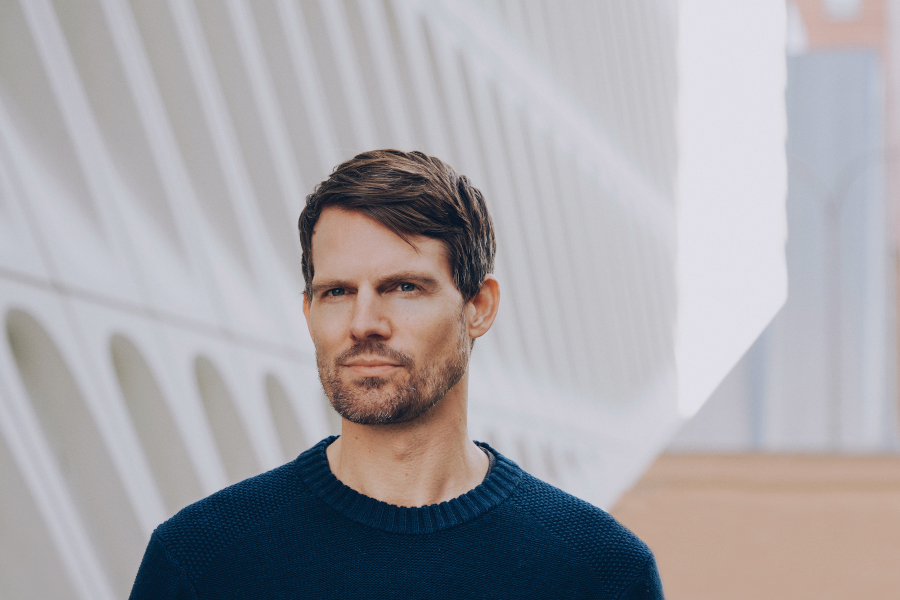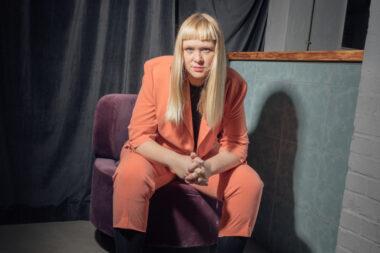The fifth edition of MaerzMusik – Festival for Time Issues 2019 takes place from 22 to 31 March and dedicates its 10 days to questions pertaining to history and historiography. History understood as an alive, animate, spirited realm that reaches deep into the now. History as an extension of the present even, the practice of which determines how we stand in the now and how we move into tomorrow. Through a politically focused lens of time we might be able to see the variegated politics behind historically contingent philosophies of history – including our own – and how they influence, in turn, our ways of relating to the past, our views onto the present and our ability to shape the future.
MaerzMusik 2019 consists of a constellation of public encounters – concerts, performances, readings, film screenings, installations, exhibitions and discourse formats – that propose different ways of sensing, comprehending, reflecting historical time. The opening concert resounds with melodies of resistance and class struggle, masterfully put into variation form by Frederic Rzewski, and revives rarely heard sonic realms by a forgotten master of spectral music, Horațiu Rădulescu (22.3.). A new multimedia work by Jennifer Walshe and Timothy Morton– co- commissioned by MaerzMusik – explores the multiplicity of temporalities at the heart of being human (24.3.). “useless land” invites the audience to spend the night at Haus der Berliner Festspiele, laying down, sleeping and listening to texts that speak about a world prior to the industrial revolution. (24./25.3.)
In her world premiere, Elaine Mitchener inhabits and embodies a concept of remembering as an act of responsibility (25.3.). A large-scale open-form ritual by George E. Lewis invokes important figures of African- American art and culture (26.3.). A concert at Konzerthaus Berlin lends the orchestra apparatus to the voices of historically underrepresented female composers, amongst them Olga Neuwirth with her brilliant piece “Masaot / Clocks without Hands” (28.3.). An evening dedicated to “Die Stadt ohne Juden”– both a book and a silent movie with live music – provokes a deep reflection about historical time and the blindness of contemporaneity. And finally, “The Long Now”, provides the cherished and abundant time-vessel with its own laws that undermine the rhythms and accelerations of our busy lives (30. & 31.3.).
Underlying, enveloping and diffracting these events are the festival’s discourse format “Thinking Together” on “Circluding History” as well as two exhibition projects at silent green that unfold diverse archives: “Tele-Visions. A Critical Media History of New Music on TV, 1950s–1990s” and “A Utopian Stage. Festival of Arts, Shiraz-Persepolis (1967–1977)”. It is the deep pleasure of this “Festival for Time Issues” to create moments of listening together, to imagine and shelter different temporalities – to provide space for diverse ways of being in time. Be our guest.
MaerzMusik – Festival for Time Issues 2019
Friday, 22nd to Sunday, 31st March 2019 | Doors 19:00 CET | Starts 20:00 CET
Haus der Berliner Festspiele | Schaperstraße 24 | 10719 Berlin
Full program on berlinerfestspiele.de | Event @ Facebook








